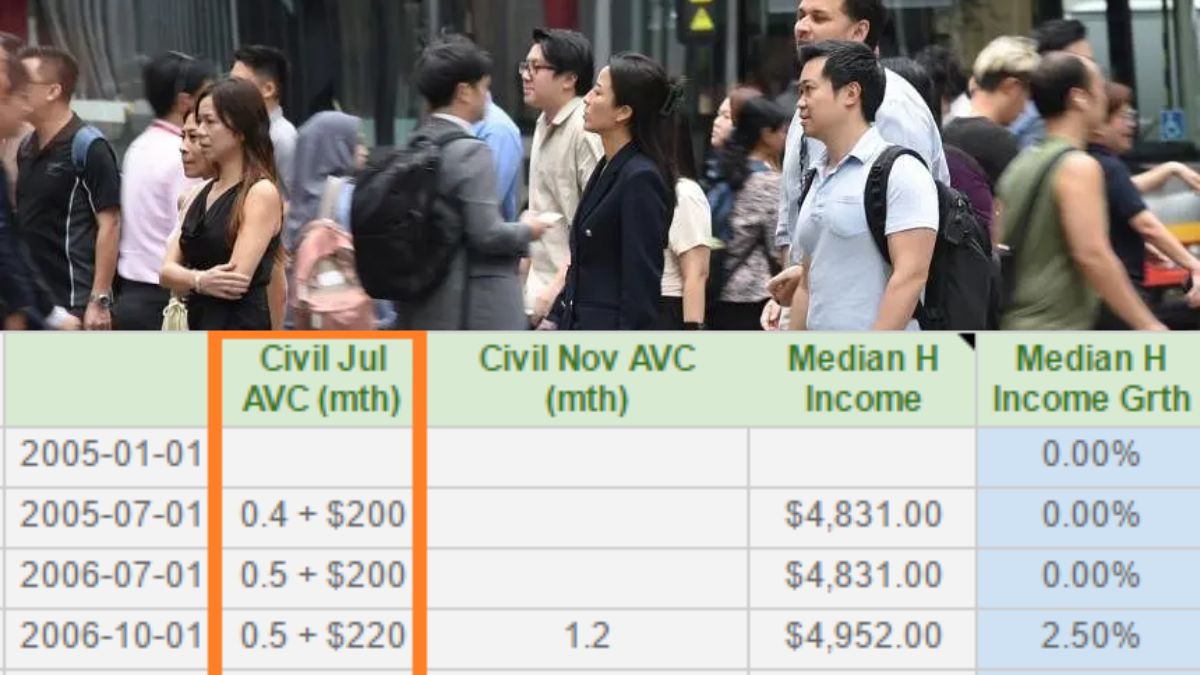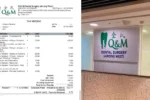If you work in the civil service, this question probably sounds familiar. And if you don’t, you’ve likely heard it from a friend who does. That mid-year announcement from the Public Service Division (PSD) is practically a national ritual — the one time of year when thousands of Singaporeans refresh news feeds to see how generous the government is feeling.
This year’s update is in — and while the payout isn’t massive, it reflects the same message Singapore’s economy is sending right now: steady, careful, and cautious optimism.
Here’s What Civil Servants Are Getting in 2025
According to the PSD’s June 2025 announcement, all civil servants will receive a 0.4-month mid-year bonus as part of their Annual Variable Component (AVC).
On top of that:
- Junior officers (MX13(I) and MX14) will receive a one-time payment of $250, and
- Those in grades MX15, MX16, and the Operations Support Scheme (OSS) will get $400.
These figures were based on Singapore’s first-quarter economic performance and a “subdued outlook” for the rest of the year. The usual 13th-month payment (Non-Pensionable Annual Allowance, or NPAA) remains guaranteed at year-end.
To put it in context, civil servants got 0.45 months mid-year and 1.05 months year-end in 2024 — slightly higher than this year, which reflects the softer economic momentum Singapore is experiencing in 2025.
A Look Back: How Civil Service Bonuses Have Shifted Over the Years
Bonuses for civil servants in Singapore have always moved in tandem with the economy. When GDP surges, bonuses follow; when things cool off, they tighten.
Over the past 15 years, the average total payout (including 13th-month pay but excluding one-offs) has hovered around 2.1 months. The leanest year was 2020, when COVID-19 hit and civil servants received only the 13th-month payout — no additional bonuses.
So, while this year’s 0.4-month mid-year payout feels modest, it fits the long-term pattern of the government maintaining stability even when times are tough.
What It Means for Private Sector Workers
Here’s the interesting part: civil service bonuses often set the tone for the rest of the economy. When the public sector keeps things modest, private employers usually follow suit.
In 2025, with slower GDP growth, most private-sector bonuses are also expected to stay conservative. Still, some bright spots remain — particularly in transport engineering and precision manufacturing, where employers are paying extra to retain skilled workers.
For everyone else, this might be a good time to focus on upgrading skills or exploring industries less affected by cyclical slowdowns.
Understanding the Difference Between AWS and Bonus
Many Singaporeans still confuse the 13th-month pay (AWS) with a performance bonus, but they’re not the same thing.
- AWS (Annual Wage Supplement): A fixed extra month of pay — usually contractual.
- Bonus: A variable reward tied to company or individual performance.
Neither is mandatory by law, though AWS is more common and consistent. So while bonuses can fluctuate, your 13th-month payment remains a more reliable part of your income — especially in the public sector.
The Bottom Line
The Civil Service Bonus 2025 might not make headlines for its size, but it reinforces a message that’s always been central to Singapore’s economic model — stability over spectacle.
If you’re a civil servant, it’s reassurance that your income remains protected even in slower times. For those in the private sector, it’s a reminder to stay adaptable and future-ready — because in Singapore, resilience often pays off more than risk.
Frequently Asked Questions
1. How much is the 2025 civil service bonus in Singapore?
Civil servants will receive a 0.4-month mid-year bonus, plus a one-time payment of $250–$400 depending on their grade.
2. Is the 13th-month bonus included in this payout?
No, the 13th-month payment (Non-Pensionable Annual Allowance) is separate and will be paid at year-end.
3. Do private companies follow civil service bonus trends?
Often, yes. When the public sector keeps bonuses modest, private companies typically mirror the same cautious approach.



